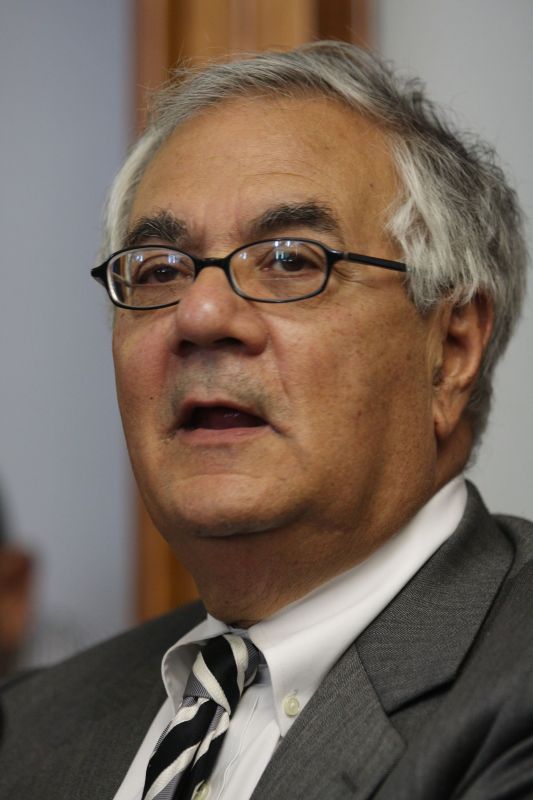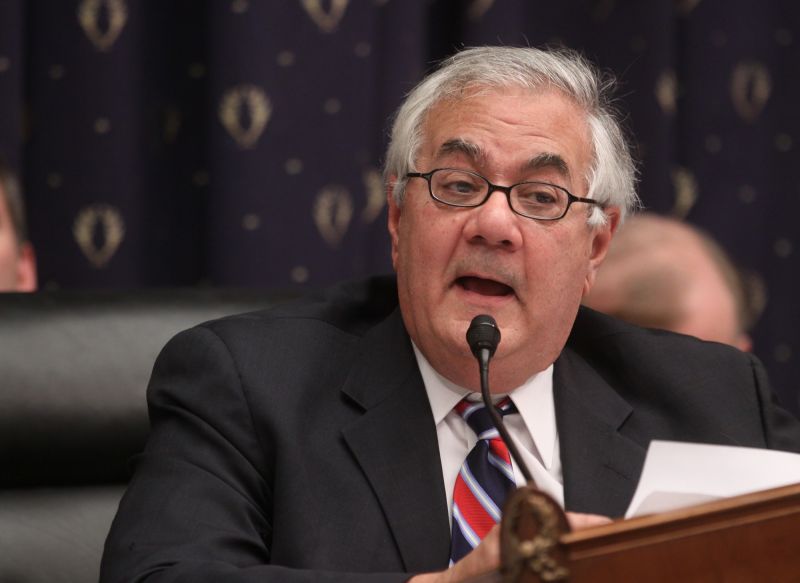
Any time a big industry pledges to “shape” reform, no matter how innocently they couch that pledge, you’d be wise to watch out. Yet shaping reform is exactly what Wall Street has in mind, as a conference hosted on Monday by the Securities Industry and Financial Markets Association (SIFMA), a top lobbying group for the financial services industry, made clear.
In addition to vowing to “shape” new financial regulatory reforms, passed by Congress in July, attendees of SIFMA’s event complained about anti-Wall Street “rhetoric” and promised to take on one of the tougher pieces of the Dodd-Frank financial reform bill—what’s called the “Volcker Rule,” which would tamp down banks’ risky trading for their own benefit (as opposed to trading for their clients) and limit their investment in far riskier hedge and private equity funds.
As Reuters reports, the financial industry sees the Volcker Rule as ripe for “shaping”:
[SIFMA president Tim] Ryan last month said his group was not seeking to roll back key parts of Dodd-Frank, though inevitably there would be areas of the law that industry will want changed…
Congress laid down some parameters for regulators on defining “proprietary trading”—or trading for banks’ own accounts unrelated to customer needs—but left room for banks to retain some in-house trading operations in an area where drawing clear lines will be difficult.
“The important aspect of this set of rulemaking will be how regulators define what activities are deemed ‘proprietary’ and thus prohibited,” Ryan said. “Our focus here is to help Treasury determine what qualifies as proprietary trading.”
Ryan’s statements come as his group is already seeking to delay and water down the Volcker Rule. Last week, SIFMA asked regulators for a second study of the Volcker Rule after the first scheduled one is completed in January, which would postpone the rule’s implementation.
At least one Wall Street denizen has already conceded to the Volcker Rule. Last month, the proprietary trading team at Goldman Sachs decamped to the firm Kohlberg Kravis Roberts, the powerhouse private equity firm.
Numerous senators, meanwhile, are pressuring financial regulators to enact the Volcker Rule as fully as possible. In a letter penned last month, Sen. Carl Levin (D-Mich.) wrote to regulators that lawmakers “provided you with a clear mandate and broad authority to act. The American people are now relying upon you to fully carry out the law.” Even former Fed chairman Paul Volcker himself is pushing hard to ensure a broad interpretation of the rule. Time will tell who wins the fight to preserve or defang the Volcker Rule.













